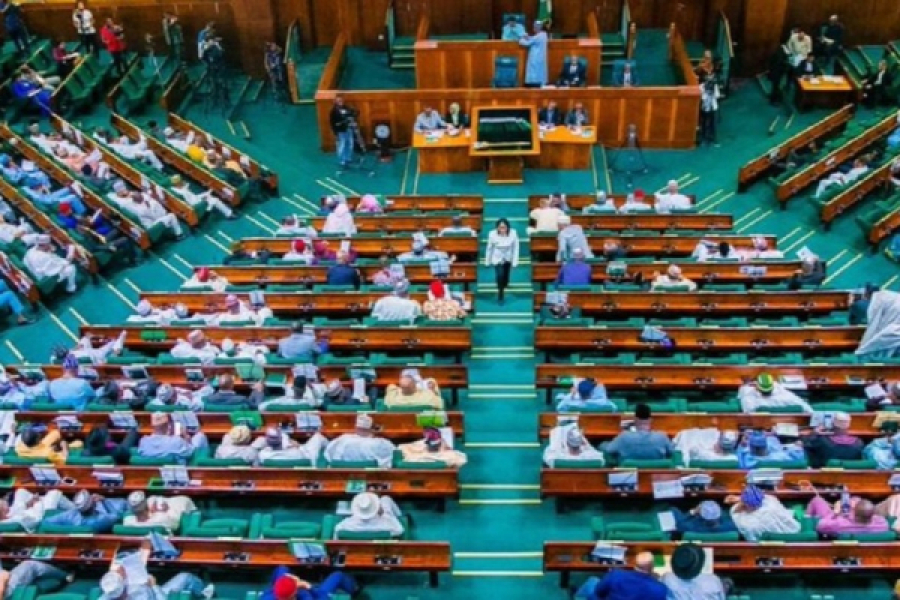Nigeria is on the cusp of a digital revolution as the government pushes for mandatory electronic operations across public institutions.
A new bill, the National Digital Economy and E-Governance bill, seeks to compel government agencies to adopt digital processes for everything from correspondence to payments. If passed, the bill will position Nigeria as a leader in e-governance within Africa.
Key Provisions of the Bill
- Mandated digital operations: Public institutions will be required to conduct business electronically, including document filing, information processing, and permit issuance.
- Heavy penalties: Non-compliance will result in hefty fines for individuals and corporations.
- NITDA as the watchdog: The National Information Technology Development Agency will oversee the implementation and enforcement of the bill.
Challenges and Controversies
While the bill aims to modernize Nigeria’s governance, it faces several hurdles:
- Overreach concerns: Critics argue that the bill is overly broad and overlaps with existing regulations.
- Implementation challenges: The bill’s success hinges on robust digital infrastructure, which is lacking in many parts of Nigeria.
- Power struggles: The bill’s potential to override existing laws could lead to conflicts between government agencies.
Experts Weigh In
Industry experts have mixed reactions to the proposed legislation. Some view it as a crucial step towards improving public service delivery, while others express concerns about its feasibility and potential unintended consequences.
Oswald Osaretin Guobadia, Managing Partner at DigitA, emphasizes the bill’s potential to drive digital transformation but cautions that successful implementation requires strong collaboration between government agencies.
Davidson Oturu, Managing Partner at Nubia Capital, highlights the bill’s potential to enhance public administration and service delivery.
The Road Ahead
The passage of the National Digital Economy and E-Governance bill is a significant step for Nigeria. However, the real test will be in its implementation. The government must invest in digital infrastructure, capacity building, and effective enforcement to ensure the bill delivers on its promises.
As Nigeria embarks on this digital journey, the world will be watching to see if it can successfully leverage technology to improve governance and service delivery for its citizens.


